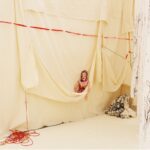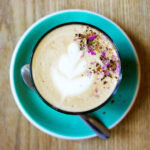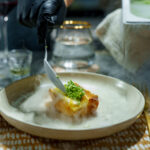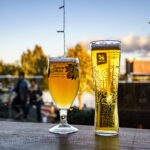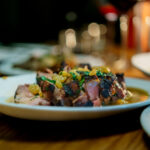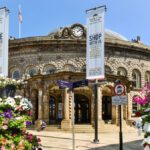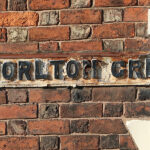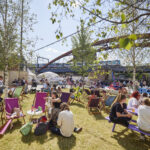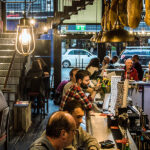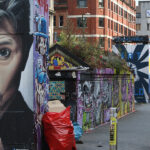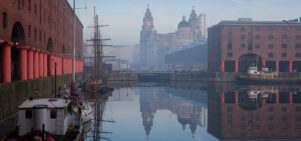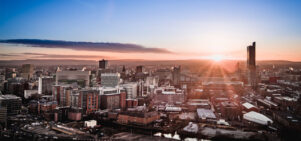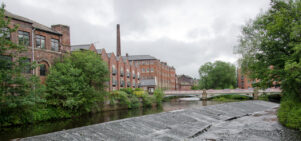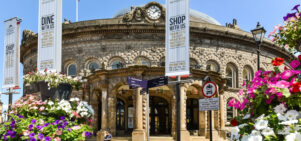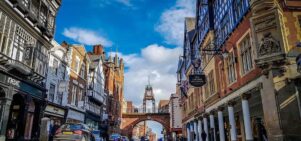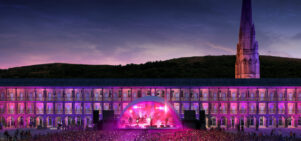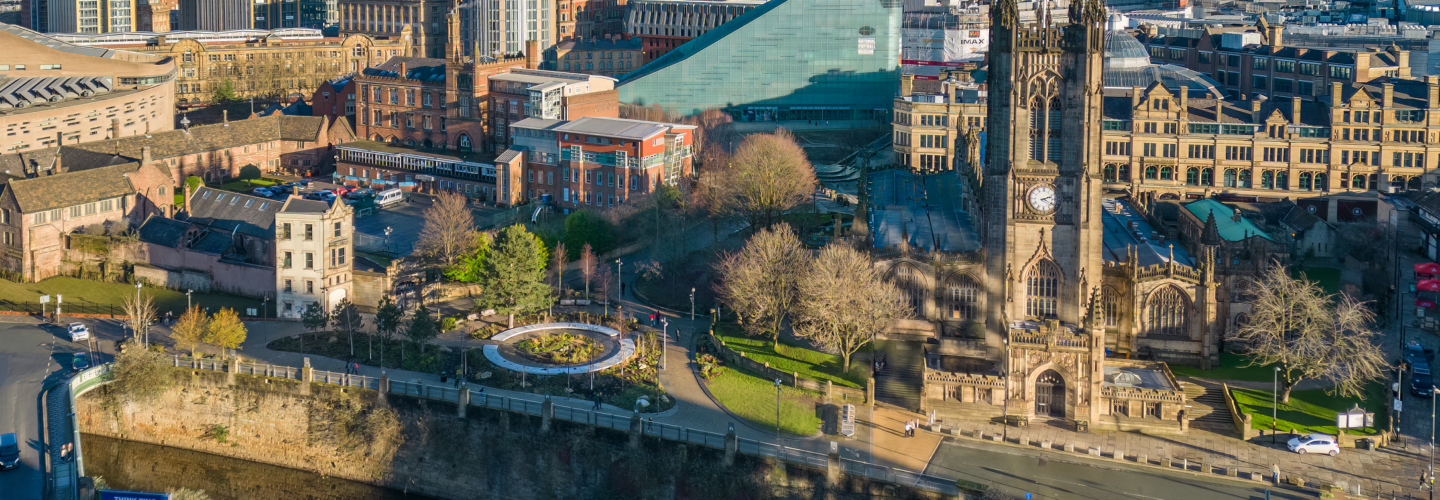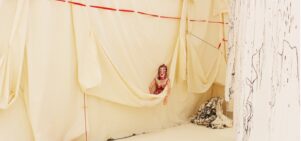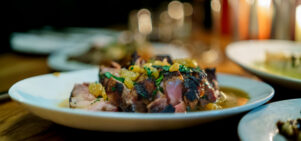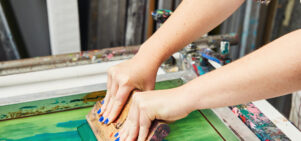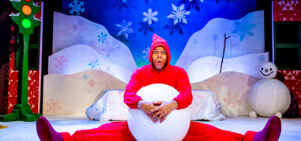The Sensory War 1914-2014: Conflicted feelings
Polly Checkland HardingManchester Art Gallery’s upcoming exhibition looks at war over the last 100 years in an entirely new way.
We know the facts and stats of World War One. We are taught them in school, return to them in conversation, at exhibitions and on Remembrance Day. Harder to grasp is the idea of what the experience of war would have been like to live through. How did it feel to watch a generation of men – every friend, father, brother or lover – leave for the battlefield? What was it like to actually be there, in Flanders Fields? And what imprint have did these experiences leave behind in the years that followed?
How did it feel to watch a whole generation of men – every friend, father, brother or lover – leave for the battlefield?
These are questions that The Sensory War 1914-2014, coming to Manchester Art Gallery this October, will attempt to explore. This major exhibition across two floors of the gallery roots its attention in the physical and conceptual impact of World War One, and is a collaboration between the gallery, the Whitworth and the University of Manchester. By drawing on an extensive collection of wartime art, alongside contemporary work, the show will look at how artists have grappled with the impact military conflict has had on the senses, body, mind and environment. The implication is that art has something to communicate, and can be used as a way of accessing the complex experiences that lie behind the facts.
The exhibition will be divided into seven themes, each visceral in their focus and ideas: they take titles such as Bombing, Burning and Distant War and Chemical War and Toxic Imagination. Giving these themes substance and gravity are works like The Separation Line by artist Katie Davies, which documents the funeral processions through Royal Wootton Bassett in Wiltshire in the aftermath of the war in Afghanistan, and delicate drawings of disabled soldiers recovering in hospital by French artist Rosine Cahen. The other pieces on show range from oil paintings to videos, along with works by the hibakusha, survivors of the atomic bomb in Hiroshima.
The Sensory War looks set to be a dark, challenging angle on conflict, but one that moves our ideas about it beyond numbers and statistics, to the truth of how war, both near and afar, has reshaped a nation.
Please note that this exhibition contains scenes of violence and references to sexual violence.


